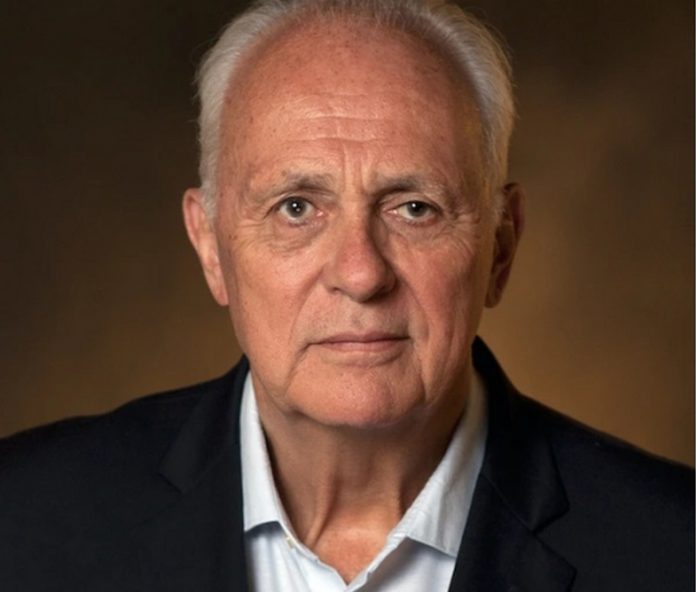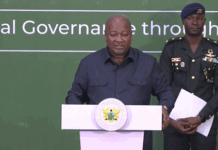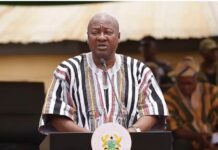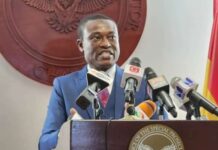
Corruption at a national level ranks highest as a priority for many citizens in the country, the latest report of the “Open Society Barometer”, an annual global survey, has revealed.
Conducted by Savanta and Gradus Research, it said that 45 percent of the population, the highest share among all polled countries, believed that corruption was the biggest challenge facing their country.
The Open Society Foundation-funded survey surveyed 36,344 respondents across 30 countries from May 18 to July 21, 2023.
In each country, it aimed to survey a statistically representative sample of 1,000 people aged 18 and older.
However, it surveyed 2,000 people in Brazil, France, India, South Africa and the United States. Data were weighted to be nationally representative in each respective market by age, gender, and region.
The survey consisted of 45 questions, 43 of which were asked globally—except in Saudi Arabia, Egypt, and Ukraine where some questions were removed or reworded due to political sensitivities.
Participants were asked questions about democracy and human rights, major issues facing their countries and the world, and international governance.
The results paint a picture of the attitudes, concerns, and hopes of people in states with a collective population of over 5.5 billion—making it one of the largest studies of global public opinion on human rights and democracy ever conducted.
Generational shift
On a global scale, the polls revealed that large minorities of young people lacked faith in democracy to deliver on their priorities.
It said even though democracy remained popular across every region of the globe, there were lower levels of support among young people, as the world faced multiple challenges (the ‘poly-crisis’)—from poverty and inequality to climate change—and patchy evidence that democracies are improving the lives of their citizens.
“Just 57 percent of young people (aged 18 to 36) believe democracy is preferable to any form of government, compared to 71 percent of older respondents; while 42 percent of young people are supportive of military rule, compared to 20 percent of older respondents (aged 56 plus),” it explained.
Comments
The President of the Open Society Foundation, Mark Malloch-Brown, described the findings as both sobering and alarming.
“People around the world still want to believe in democracy. But generation by generation, that faith is fading as doubts grow about its ability to deliver concrete improvements to their lives. That has to change,” he stressed.
On the other hand, the Executive Director, Open Society-Africa, L. Muthoni Wanyeki, said the findings reinforced the resounding calls for inclusion and greater input from African countries in addressing the global challenges that most deeply affected people today.
“Most notably, the recently reported decision by the Group of 20 (G20) to admit the African Union marks a significant milestone towards opening up global decision-making and supporting the people across the African continent who are on the front lines of crises from climate change to debt and inequality,” he explained.
ALSO READ:






